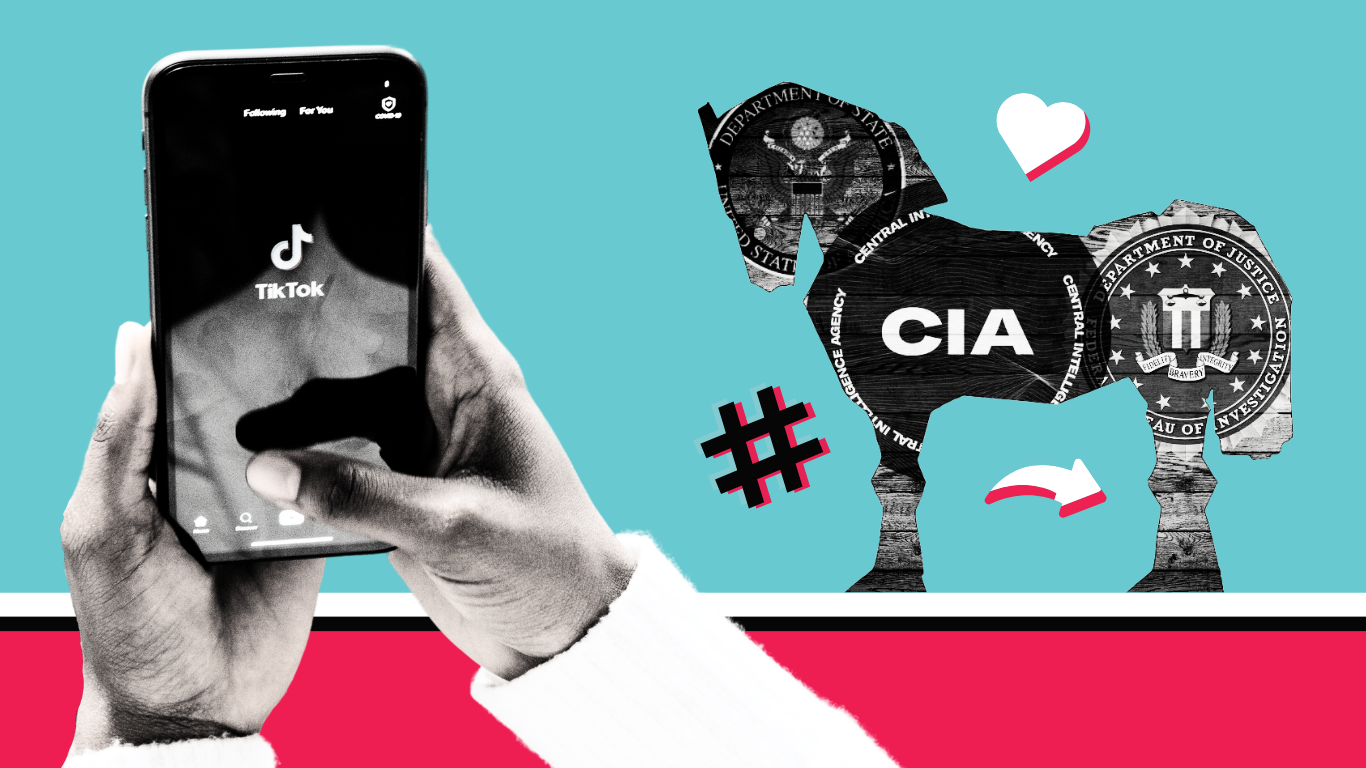Now, here’s the kicker: Part 2 Section 1b of the “Tik Tok Banning” Bill actually declares anyone assisting a user to access the App will be guilty of an offence and that clearly means VPN, so technically, it’s the USA that’s making them illegal, not China – what a turn up!!!
Tag: VPNs
VPN & PH Gov Website

I’ve been using my VPN because I can’t access certain websites, for some reason. Websites from China-cn and Cuba-cu are two examples. I suspect that it’s my Spectrum internet because the websites work with my Verizon data (my internet connection is worse with Verizon than with Spectrum). Anyway, I found out that I can’t access the Philippines’ government website with my VPN set to certain locations (I usually use Chicago). Likewise, if I set it to Canada or Hong Kong, it doesn’t work. If I set it to Detroit, New York, Miami, Phoenix, Armenia, or India, it works. I haven’t tested every single location, though. I just find it interesting that they are blocking certain locations. It could be Surfshark, for all I know. 🤷🏼♀️
Let ballot speak: Western media meddling Turkish vote as end looms
I’m seeing the same psyops play out regarding Turkey’s election that I’ve seen while covering previous elections.
Let ballot speak: Western media meddling Turkish vote as end looms
I can’t access Anadolu Agency, either, without a VPN (location set to Hong Kong).
TIKTOK: Chinese “Trojan Horse” Is Run By State Department Officials

By Alan Macleod / MintPressNews
For quite some time, TikTok has been recruiting former State Department officials to run its operations.
TIKTOK: Chinese “Trojan Horse” Is Run By State Department Officials
ICC’s Putin arrest warrant based on State Dept-funded report that debunked itself
On March 17, the Prosecutor General of the International Criminal Court, Karim Khan, introduced an arrest warrant for Russian President Vladimir Putin and his Commissioner for Children’s Rights, Maria Llova-Belova. The warrant, which accused Putin and Lolva-Belova of conducting the “unlawful deportation” of Ukrainian children to a “network of camps” across the Russian Federation, inspired a wave of incendiary commentary in the West.
ICC’s Putin arrest warrant based on State Dept-funded report that debunked itself
Related:
YouTube: The Grayzone exposes shoddy ICC warrant against Putin
Senator Warner’s RESTRICT Act Is Designed To Create The Great Firewall Of America
from the we-become-what-we-fear dept
Thu, Mar 30th 2023 10:49am – Mike Masnick
Earlier this month, we wrote about Mark Warner’s RESTRICT Act, mainly in the context of how it appeared to be kneejerk legislating in response to the moral panic around TikTok.
Senator Warner’s RESTRICT Act Is Designed To Create The Great Firewall Of America
America with Chinese Characteristics?! /sarcasm
Bill to Ban Tik Tok Would Give Government Sweeping Powers to Crackdown on Tech
Bill to Ban Tik Tok Would Give Government Sweeping Powers to Crackdown on Tech
A person who violates the act could be fined up to $1 million or punished with up to 20 years in prison. The broad and vague definitions in the legislation caused many to wonder if people could be handed such harsh punishments for using Virtual Private Networks (VPNs) to get around future government censorship that could come as a result of the bill.
A spokesperson for Warner insisted that the legislation wasn’t designed to target individual users and pointed to the language that says someone “must be engaged in ‘sabotage or subversion’ of American communications technology products and services, creating ‘catastrophic effects’ on US critical infrastructure, or ‘interfering in, or altering the result’ of a federal election, in order to be eligible for any kind of criminal penalty.”
But the bill will give the Commerce Secretary the authority to deem what is considered “sabotage or subversion” or any of the other threats listed above. The legislation has grave implications for civil liberties and could be used against any individuals or tech and media companies the Biden administration, or any future administration would want to target.
Previously:
Tik-Tok bills could dangerously expand national security state
US And EU Nations Request The Most User Data From Tech Companies, Obtain It More Than Two-Thirds Of The Time
from the may-as-well-just-be-government-contractors dept
Most tech companies handling data requests from governments now publish transparency reports. As everything moves towards always-online status (including, you know, your fridge), social media platforms and other online services have become the favored targets of government data requests. It just makes sense to look there first rather than out there in the real world, where people (and their communications) are that much more difficult to locate.
US And EU Nations Request The Most User Data From Tech Companies, Obtain It More Than Two-Thirds Of The Time
Who is John McIntyre? American Fighting in Ukraine Defects to Russia
Who is John McIntyre? American Fighting in Ukraine Defects to Russia
Matthew VanDyke confirmed it, even though he makes some stupid claim about many Russians not having toilets! He says that the AFU aren’t happy about it!
Previously:

You must be logged in to post a comment.